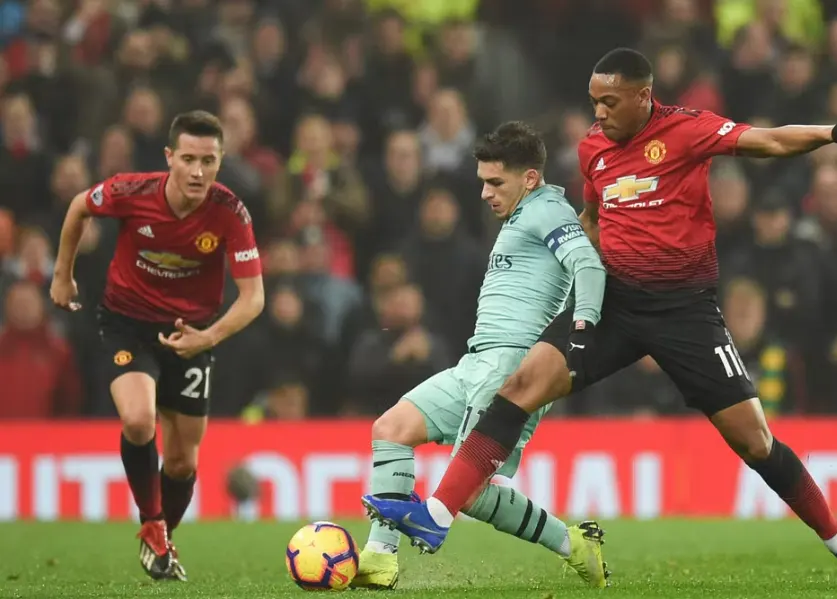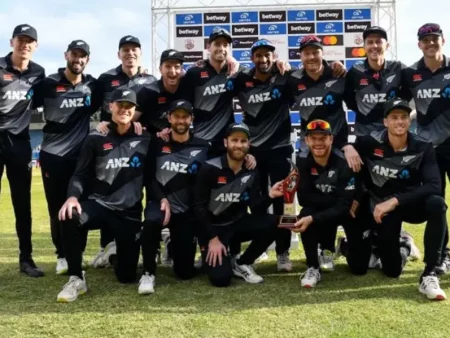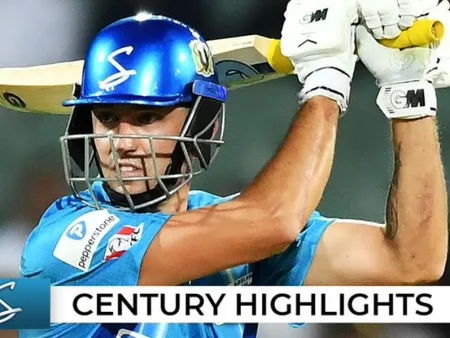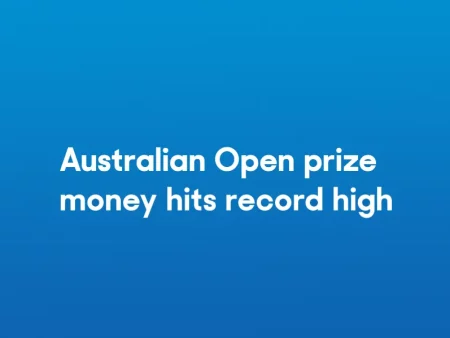According to reports, companies like William Hill, Paddy Power, Ladbrokes, and Bet365 have agreed to a “whistle-to-whistle” ban on betting advertisements.
According to reports, some of the biggest gambling companies in the UK have vowed to stop advertising during live sporting events.
The “whistle-to-whistle” ban on betting advertisements is said to have been voluntary accepted by William Hill, Ladbrokes, Bet365, and other RGA members.
Online gambling firms
The five major gambling industry associations will meet next week to discuss the proposals, which have not yet been approved but are likely to receive a thumbs-up in order to put the ban into effect in six months.
An advertisement that was captured on camera during the World Cup
During the World Cup, betting advertisements were “bombarded” on kids.
Learn more.
While not all online betting companies would support the measures, he claimed that all were likely to comply, adding that he would be “surprised and disappointed” if they were not approved.
It would take a very courageous company, he added, to put its head above the parapet by itself.

Horse racing is not included in the whistle-to-whistle ban, which would require the industry to comply with Labour party recommendations.
The Remote Gambling Association (RGA), which represents online betting companies, has proposed the advertising measures, which were first reported by the BBC.
I’m delighted that gambling operators have adopted Labour’s proposal of a whistle-to-whistle ban on gambling advertising during live sport.
Tom Watson
“The amount of advertisements during live sports had clearly reached crisis levels, with over 430,000 problem gamblers in the nation, many of whom were children.
The public clearly supported these restrictions, so I’m glad that for once the industry, led by [the RGA], has listened and taken responsibility.
A number of gambling industry CEOs, including the heads of William Hill and Paddy Power Betfair, have stated that they would support stricter regulations on advertising to safeguard children.
Due to the massive amount of advertisements during televised sports, worries about the normalization of gambling have increased.
The World Cup was “bombarded” with 90 minutes of gambling advertisements, according to research conducted by the Guardian.
On hearing about a plan that would limit their ability to reach TV viewers, gambling company shares dropped. Broadcasters are also likely to suffer significantly from lost advertising revenue.
According to a senior executive at a media agency, broadcasters last year received £200 million in revenue from gambling advertisements, with the majority going to Sky and, to a lesser extent, ITV.
The Association of British Bookmakers, which fought tenaciously against the reduction in the maximum stakes on fixed-odds betting terminals, is believed to have learned a valuable lesson.
Their campaign to prevent curbs on machines that the government referred to as a “social blight” ultimately failed and seriously hurt the reputation of the sector.
Before he steps down in January, RGA Chief Executive Clive Hawkswood is rumored to be committed to getting the proposal approved by the gambling sector.
The National Casino Forum, Association of British Bookmakers, Bingo Association, and the organization for amusement arcades, Bacta, must all approve it, though getting their approval is likely to be a formality given that the online sector is by far the biggest TV advertiser.
The RGA has made additional suggestions, but it is anticipated that it will refrain from adopting Labour’s stated position of forbidding gambling companies from sponsoring football shirts.
“This is long overdue, but to be truly effective it should have also included bans on shirt and league sponsorship and pitch-side rolling displays,” said Matt Zarb-Cousin, spokesman for the campaign group Fairer Gambling.











